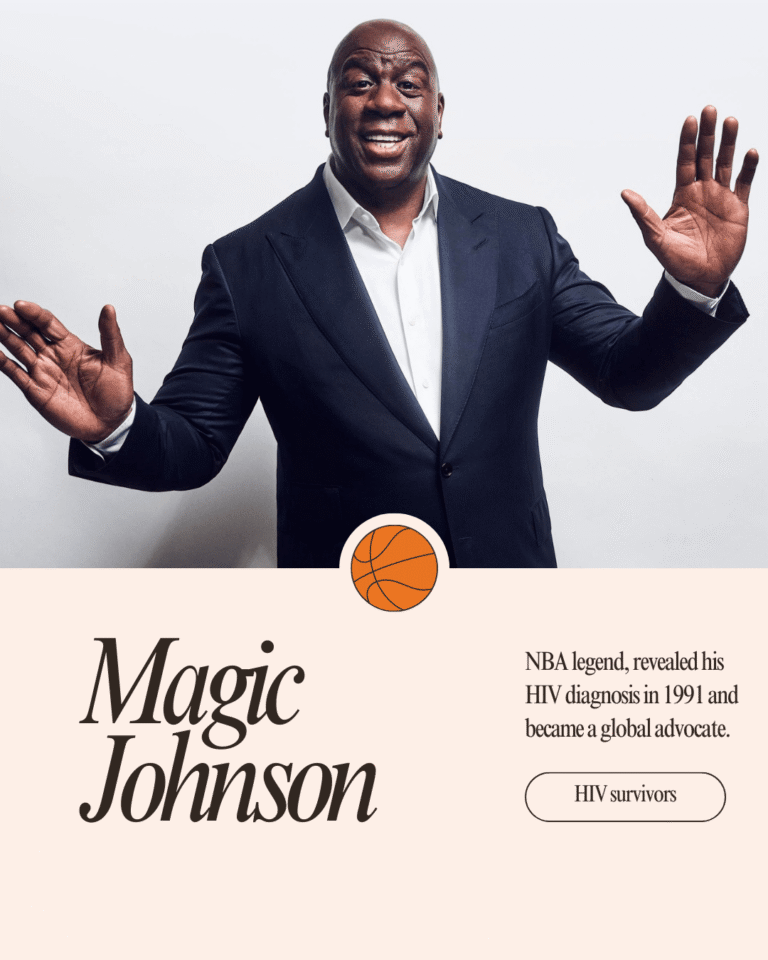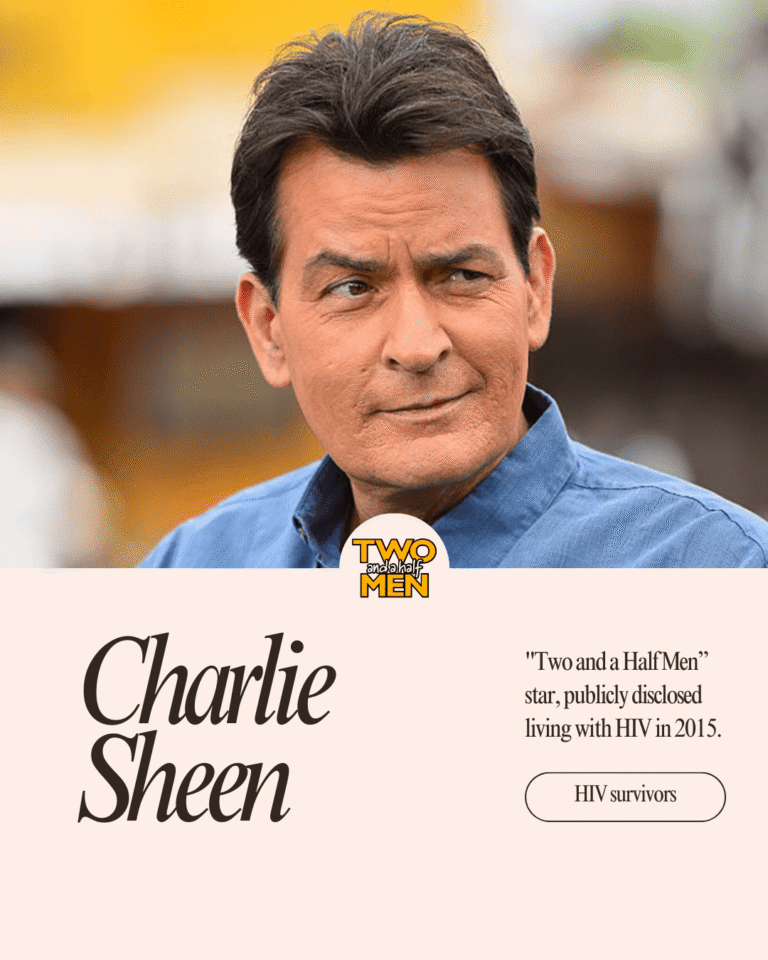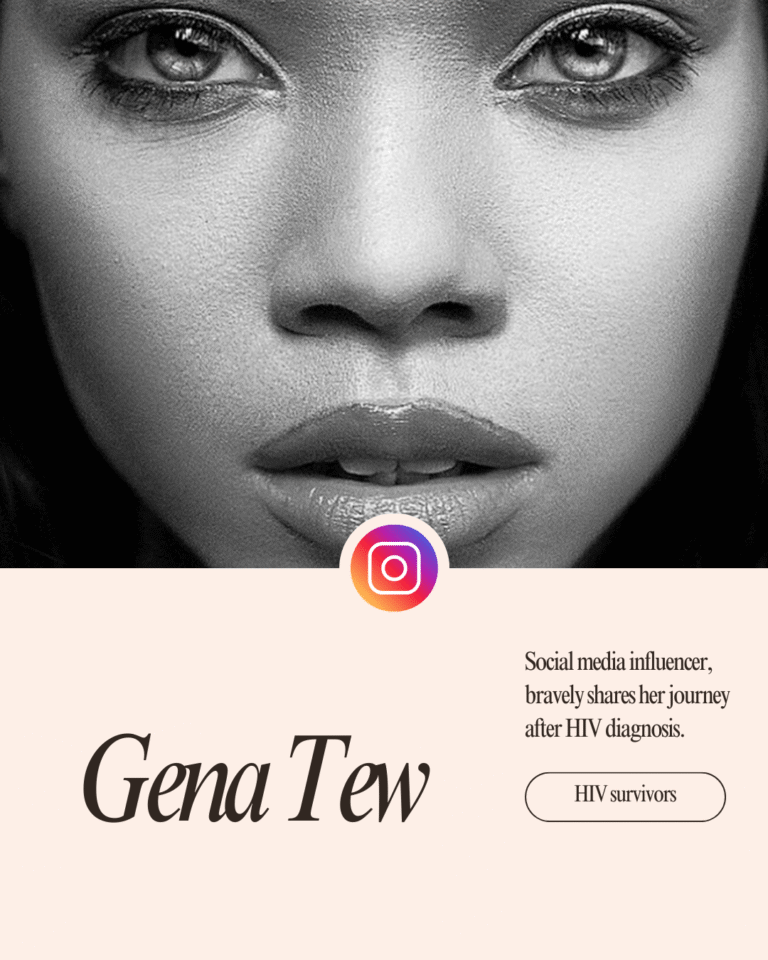HIV transmission
The human immunodeficiency virus (HIV) is spread through contact with specific bodily fluids from a person with a detectable viral load.
Unprotected sex
During anal, vaginal, or oral sex, HIV can be transmitted through contact with infected bodily fluids. Using condoms consistently and correctly is a highly effective way to prevent sexual transmission.
Sharing Needles
Sharing needles, syringes, or other drug injection equipment with someone who has HIV can transmit the virus. This is because these tools can have traces of infected blood on them.
Mother to Child transmission
HIV can be passed from a mother to her child during pregnancy, childbirth, or breastfeeding. However, with modern prevention methods, including antiretroviral therapy (ART) for the mother, the risk of transmission is very low.
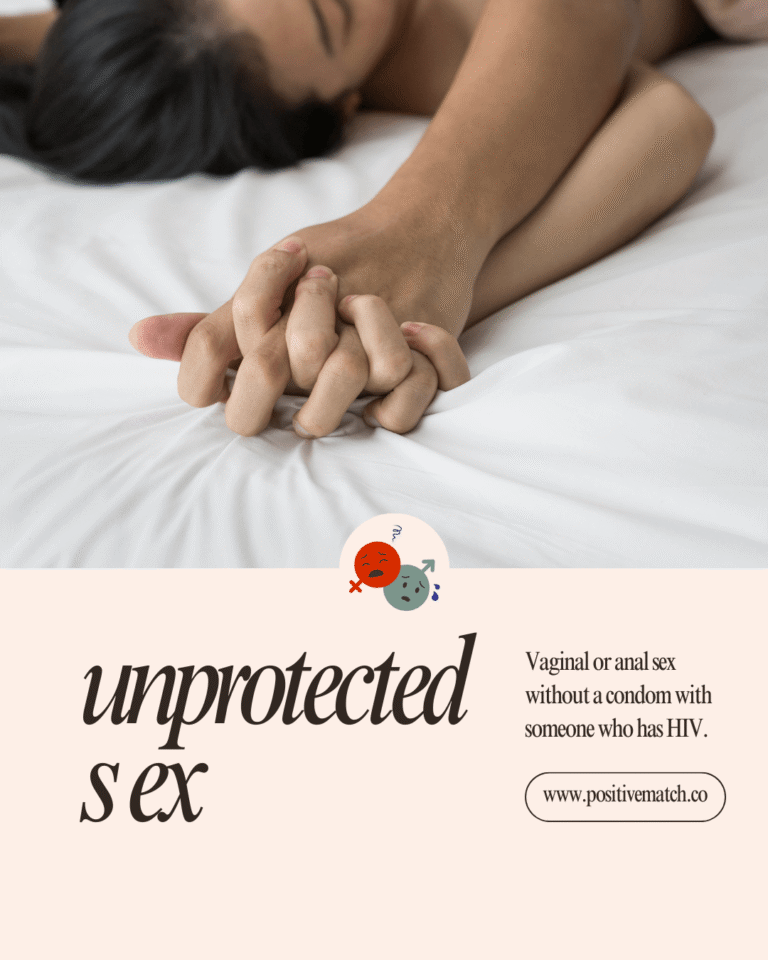
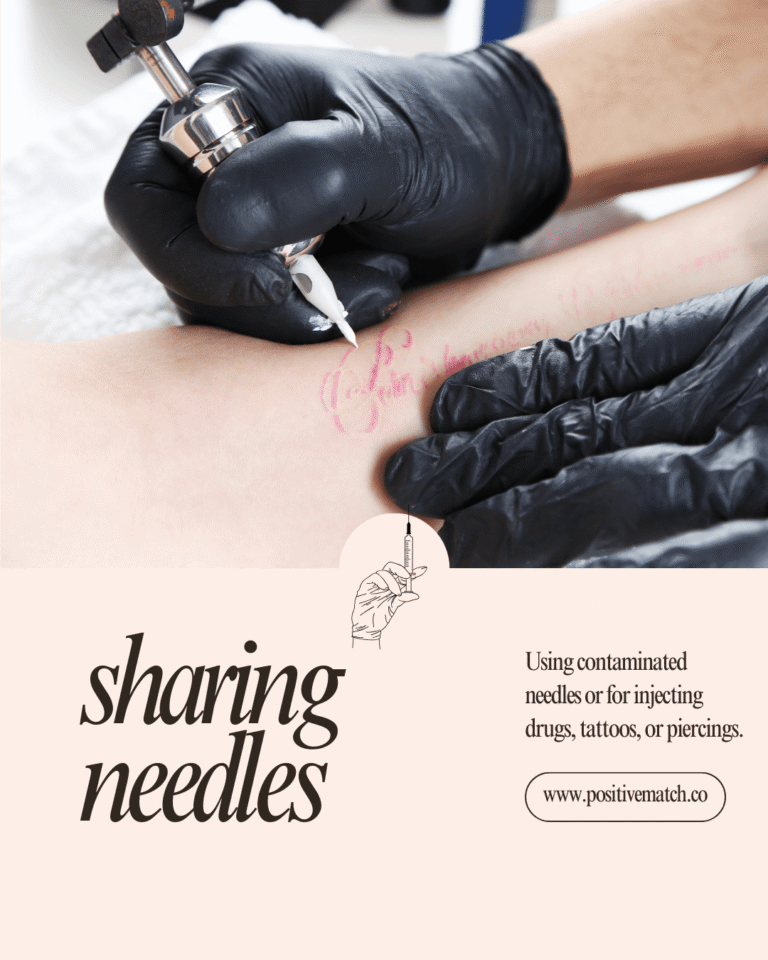

NOT transmitted
HIV is a fragile virus that cannot survive for long outside the human body. It cannot be transmitted through casual contact or through the air. You cannot get HIV from:
Tears
The concentration of the virus in tears is so minimal that there are no documented cases of HIV being spread through contact with tears.
Sweat
Activities involving sweat, such as sharing a gym bench or shaking a sweaty hand, pose no risk of HIV transmission.
Kissing
Casual kissing does not transmit HIV. Open-mouth kissing carries a minimal risk, but only if both people have bleeding gums or open sores.
Mosquito bite
Mosquitoes and other insects cannot transmit HIV. The virus does not replicate inside the insect and is not carried from one person to another.
Modern Blood Transfusion
The blood supply in the United States and many other countries is carefully screened for HIV. The risk of transmission through a blood transfusion is now extremely rare.
Sharing Utensils
Sharing food, drinks, living spaces, or eating utensils does not transmit HIV.

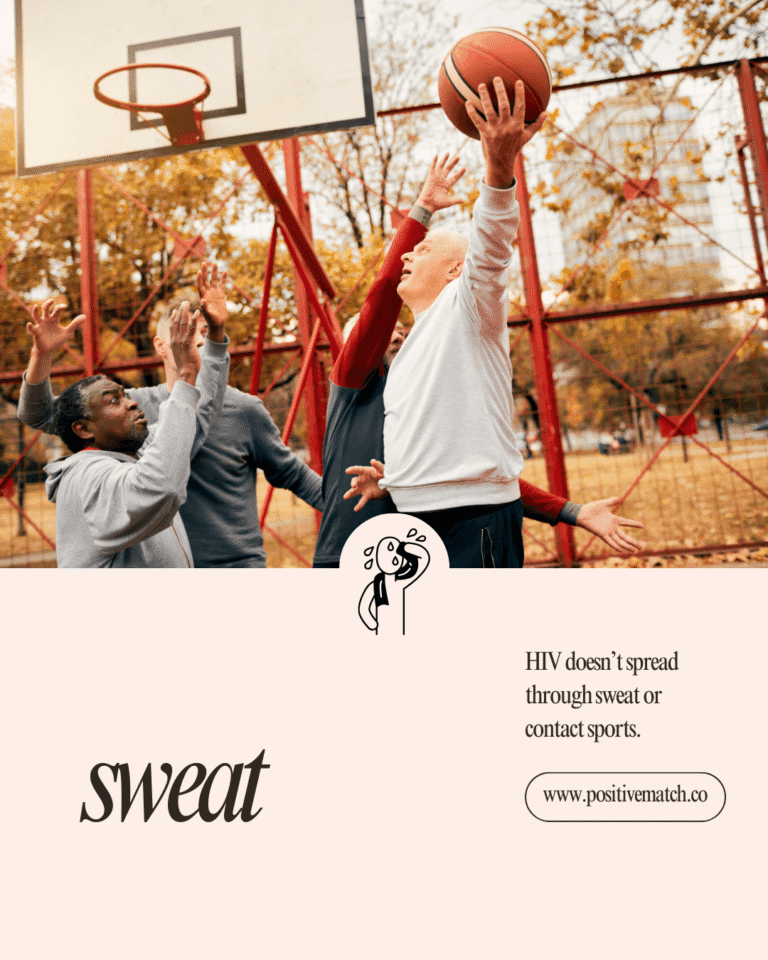

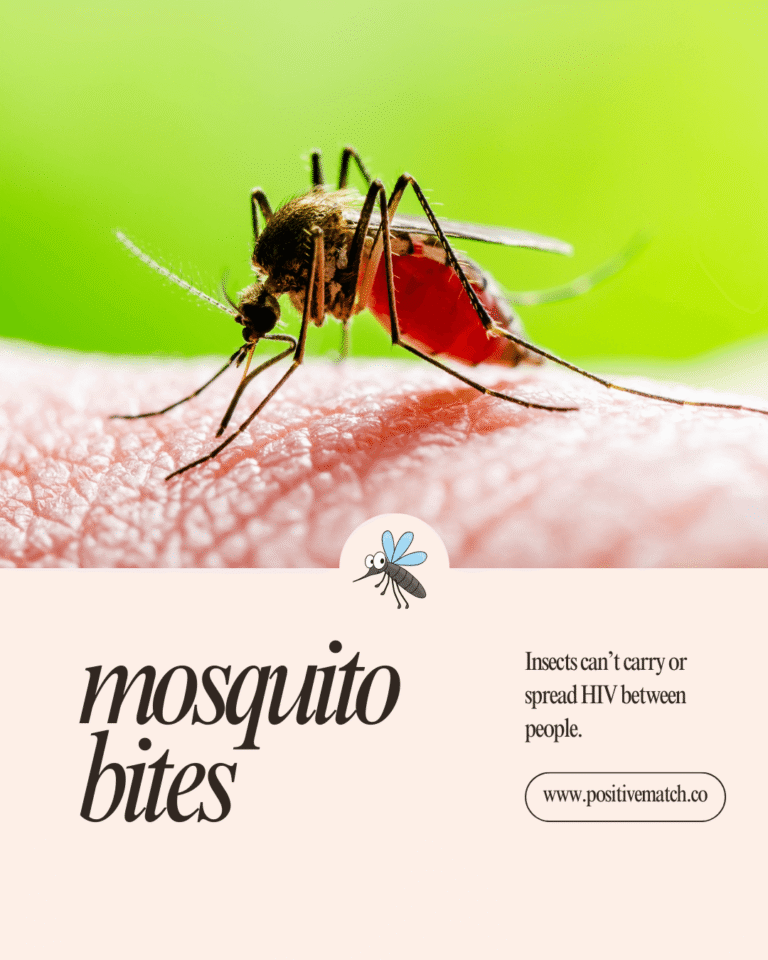
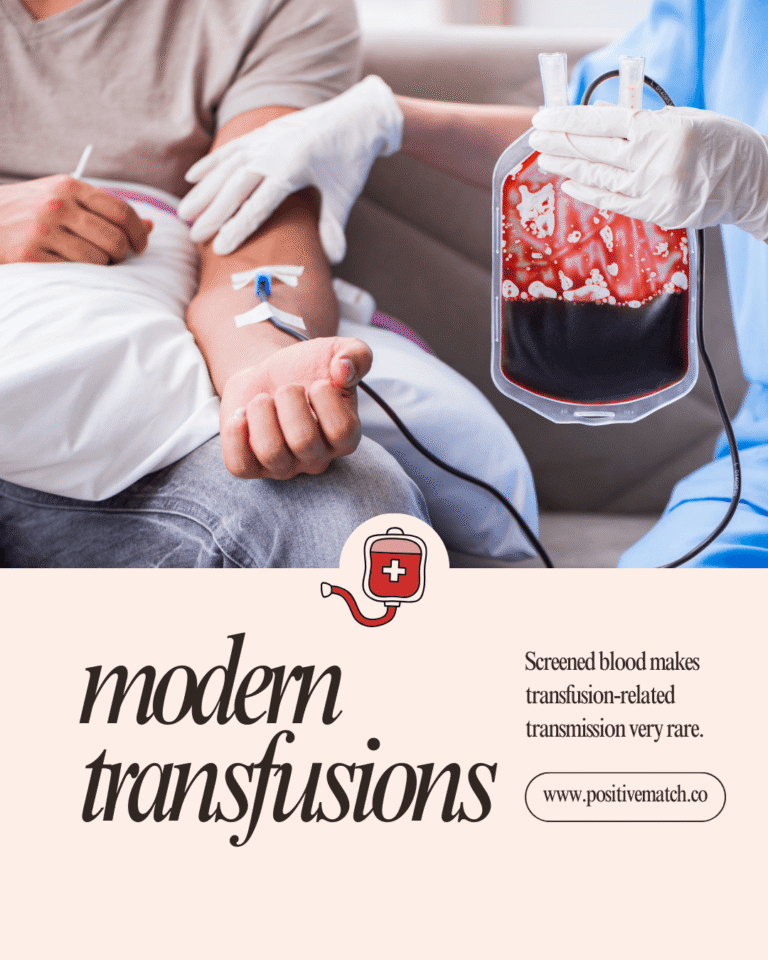

HIV Survivors
Thanks to advances in modern medicine, people with HIV can live long, healthy lives. (ART) can reduce the amount of HIV in the blood to undetectable levels. When a person’s viral load is undetectable, they cannot transmit HIV to their partners through sex.
Magic Johnson
A former NBA superstar and entrepreneur who announced his HIV diagnosis in 1991. He has been a prominent advocate for HIV awareness and has lived a healthy life for decades.
Charliee Sheen
The "Two and a half men" actor publicly announced his HIV diagnosis in 2015. He has since become a spokesperson for HIV awareness.
Gene Tew
Gena Tew is a TikTok star in her late 20s who was diagnosed with HIV in 2021. She has been publicly sharing her health journey and has gained a large following.
